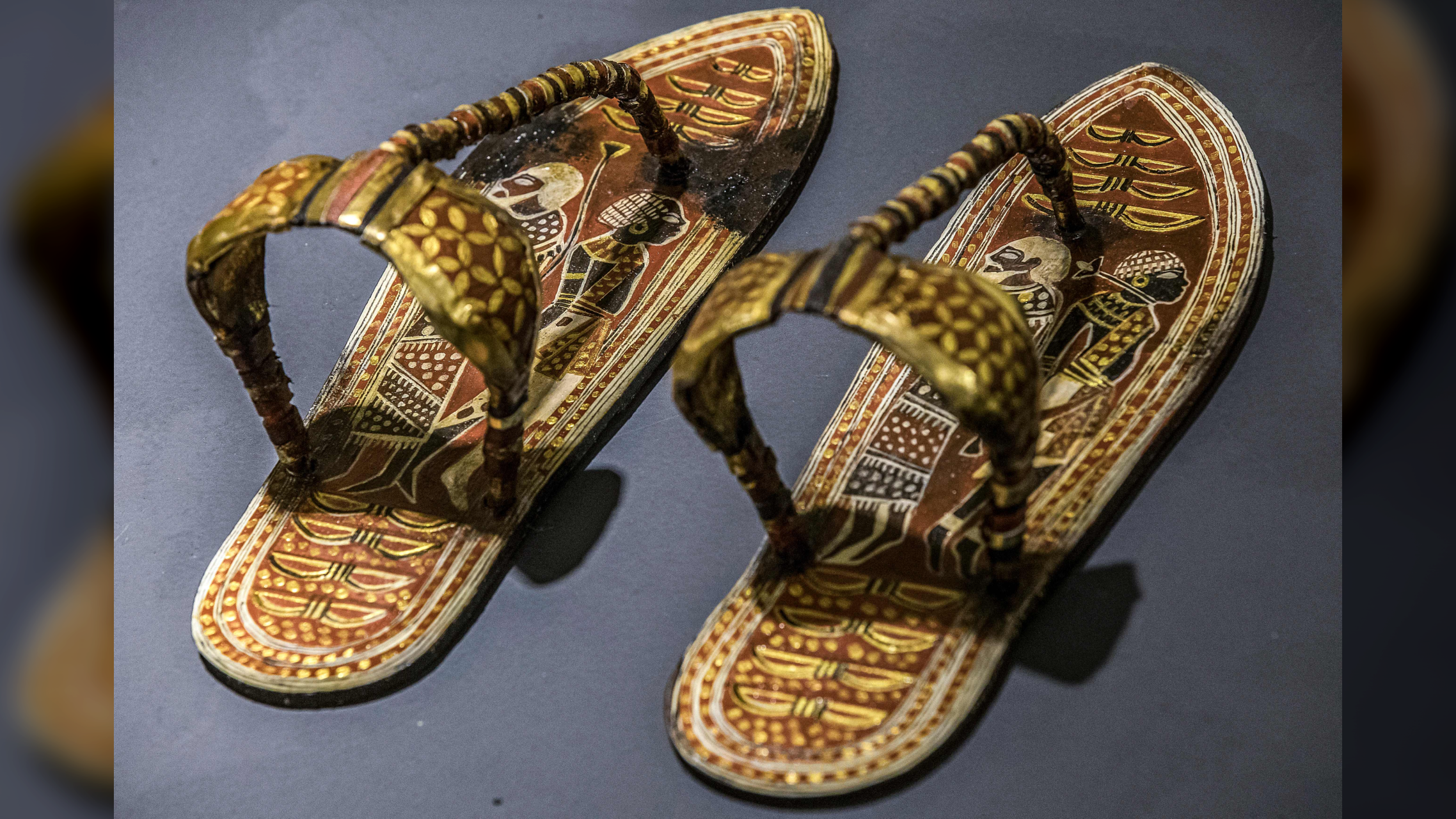Colin Powell's weakened immune system may have played a role in his COVID-19 death

Get the world’s most fascinating discoveries delivered straight to your inbox.
You are now subscribed
Your newsletter sign-up was successful
Want to add more newsletters?

Delivered Daily
Daily Newsletter
Sign up for the latest discoveries, groundbreaking research and fascinating breakthroughs that impact you and the wider world direct to your inbox.

Once a week
Life's Little Mysteries
Feed your curiosity with an exclusive mystery every week, solved with science and delivered direct to your inbox before it's seen anywhere else.

Once a week
How It Works
Sign up to our free science & technology newsletter for your weekly fix of fascinating articles, quick quizzes, amazing images, and more

Delivered daily
Space.com Newsletter
Breaking space news, the latest updates on rocket launches, skywatching events and more!

Once a month
Watch This Space
Sign up to our monthly entertainment newsletter to keep up with all our coverage of the latest sci-fi and space movies, tv shows, games and books.

Once a week
Night Sky This Week
Discover this week's must-see night sky events, moon phases, and stunning astrophotos. Sign up for our skywatching newsletter and explore the universe with us!
Join the club
Get full access to premium articles, exclusive features and a growing list of member rewards.
Colin Powell, former U.S. Secretary of State and Chairman of the Joint Chiefs of Staff, has died at age 84 due to complications from a COVID-19 infection.
Powell was fully vaccinated against the virus, his family wrote in a statement on Oct. 18, so his COVID-19 case would be considered a "breakthrough" infection. The family's statement didn't detail what complications Powell experienced or whether any underlying health conditions may have contributed to his illness. But Powell had previously undergone treatment for multiple myeloma, a cancer that affects plasma cells, a key component of the immune system, according to The New York Times.
Plasma cells, a kind of white blood cell primarily found in the bone marrow, help the body fight off infections by producing antibodies — proteins that latch onto foreign invaders, such as viruses, and mark them for destruction. In multiple myeloma, cancerous plasma cells begin multiplying uncontrollably, crowding out healthy plasma cells and other bone- and blood-producing cells, according to the American Cancer Society. Abnormal antibodies expelled by the cancerous cells can also harm the kidneys, sometimes leading to kidney failure.
Related: Which COVID-19 vaccine has the lowest rate of breakthrough infections?
Powell's myeloma had been "successfully treated," the U.S. general's longtime aide Peggy Cifrino told the Times; based on the family's statement, it's unclear whether the cancer or its treatment left lingering effects that would have worsened Powell's COVID-19 infection. However, multiple myeloma and other conditions that cripple the immune system raise the risk of severe COVID-19 and reduce the effectiveness of vaccines, according to the Centers for Disease Control and Prevention (CDC).
A recent study, published in July in the journal Leukemia, found that only 45% of patients with active multiple myeloma mounted an "adequate" immune response to the Pfizer-BioNTech or Moderna vaccines, the Times reported. And several small studies suggest that immunocompromised people make up a large proportion of the breakthrough COVID-19 cases in the U.S. and Israel, according to the CDC.
Due in part to such data, the U.S. Food and Drug Administration (FDA) authorized giving third doses of the Pfizer or Moderna vaccine to people who are moderately or severely immunocompromised, such as those receiving treatment for cancer. The agency has also authorized a "booster" dose of the Pfizer vaccine for people over age 65 and other adults at high risk of severe COVID-19, Stat News reported. (FDA advisory panels have recommended boosters of the other vaccine brands, but the agency has not yet authorized them.) The Powell family's statement did not specify which brand of vaccine Powell received or whether he had gotten a third shot.
Get the world’s most fascinating discoveries delivered straight to your inbox.
"We want to thank the medical staff at Walter Reed National Medical Center for their caring treatment," the family wrote, referring to the Maryland hospital where Powell was treated for his COVID-19 infection. "We have lost a remarkable and loving husband, father, grandfather and a great American."
Overall, severe breakthrough infections are very rare and getting vaccinated remains the best way to protect yourself from being hospitalized or dying from COVID-19, Live Science previously reported. For those interested, the CDC website outlines the criteria for receiving a booster dose of the Pfizer vaccine, and more people will likely become eligible for a booster shot once the Moderna and Johnson & Johnson vaccines are authorized.
Originally published on Live Science.

Nicoletta Lanese is the health channel editor at Live Science and was previously a news editor and staff writer at the site. She holds a graduate certificate in science communication from UC Santa Cruz and degrees in neuroscience and dance from the University of Florida. Her work has appeared in The Scientist, Science News, the Mercury News, Mongabay and Stanford Medicine Magazine, among other outlets. Based in NYC, she also remains heavily involved in dance and performs in local choreographers' work.
 Live Science Plus
Live Science Plus










